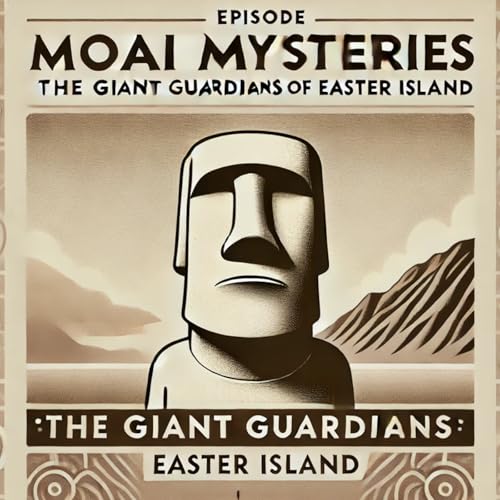Episode Summary:
In this episode, we explore the psychological theory introduced by Barry Schwartz in The Paradox of Choice: Why More is Less. The discussion focuses on how the abundance of choices in modern life—whether in consumer products, career decisions, or even relationships—can lead to anxiety, decision paralysis, and regret. We’ll dive into how this phenomenon impacts daily decision-making, and offer practical tips for simplifying choices to enhance satisfaction and happiness.
Key Topics:
1. The Paradox of Choice Explained:
• Barry Schwartz’s theory that more choices can reduce satisfaction and lead to regret .
• Difference between maximizers and satisficers: maximizers seek the best possible option, while satisficers look for “good enough” choices .
2. Real-World Examples:
• The famous jam experiment by Sheena Iyengar, where people were more likely to make a purchase when faced with fewer options .
• Consumer behavior in the face of overwhelming options, and how brands like Starbucks succeed despite offering numerous choices .
3. The Neuroscience of Decision-Making:
• How the brain processes decisions, involving complex networks of neurons that help us evaluate options and suppress alternatives .
4. Cognitive Maps:
• The role of cognitive maps in helping us navigate both physical spaces and abstract choices, as the brain forms networks to predict outcomes .
Takeaways:
• Simplify your choices: Setting personal boundaries and constraints can reduce stress and lead to more satisfaction with decisions.
• Embrace satisficing: Aim for “good enough” rather than the “best” in situations with many options to avoid decision paralysis.
• Neuroscience connection: The brain’s decision-making process is more hierarchical and complex than we often realize, suggesting that reducing decision fatigue can positively impact mental well-being.
Sources Mentioned:
• Barry Schwartz, The Paradox of Choice .
• Nature and Harvard Medical School studies on the neural mechanisms of decision-making .
 12 mins
12 mins 9 mins
9 mins Oct 3 202410 mins
Oct 3 202410 mins
